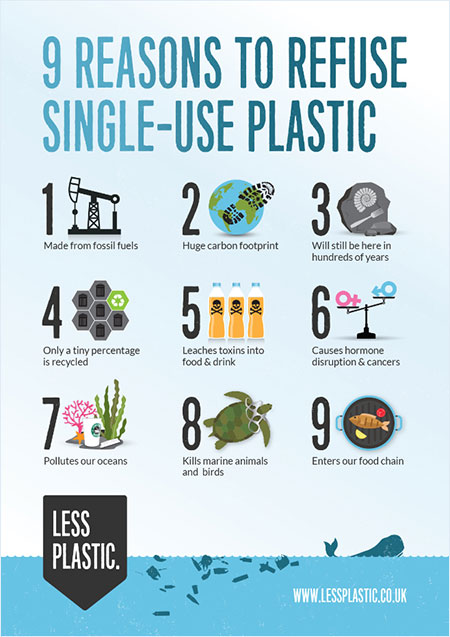#whatSUP Campaign
Join our campaign against single-use plastic and tell us #whatSUP
Our #whatSUP campaign is designed to encourage residents and businesses in North Norfolk to take the lead in cutting down on Single Use Plastic (SUP). And we want to help you shout about your achievements with this, so make sure you tell us about what you have done to reduce SUP use, either on Facebook or Twitter, and we’ll spread the word.
Here at North Norfolk District Council, we are passionate about looking after the environment, and our Blue Flag beaches and Green Flag countryside are testament to how seriously we take our responsibility of stewards of nature.
But pollution doesn’t recognise district, county or national boundaries, which is why we are throwing our support behind the drive to reduce pollution not just in North Norfolk but across the whole county, the country and the rest of the world.
SUP is one of the biggest problems our environment faces. Even if no more SUP is ever produced, much damage has already been done and it will take decades (or centuries) to undo that damage. So the very least we can do is stop adding to the problem.
In the meantime, here are some stats that highlight just what a huge problem SUP is for the world.
- About a million plastic bottles are bought every single minute.
- It takes up to 1,000 years for plastic to degrade.
- Plastic in the ocean breaks down into such small segments that pieces from a one-litre bottle could end up on every mile of beach in the world.
- Half of all plastic we use is used just once and then thrown away.
- Enough plastic is thrown away each year to circle the Earth four times.
- Plastic constitutes about 90% of all rubbish floating in oceans, with nearly 50,000 pieces of plastic per square mile.
- A million sea birds and 100,000 marine mammals are killed each year by plastic in our oceans.
Even when SUP is sent to landfill rather than ending up in the sea, it isn’t harmless. Landfill liners can leak harmful pollutants into the water table, and SUP on the surface of landfill sites can be carried away by the wind.
Still need help?
Visit our contact us page for further assistance about our popular services and information.

